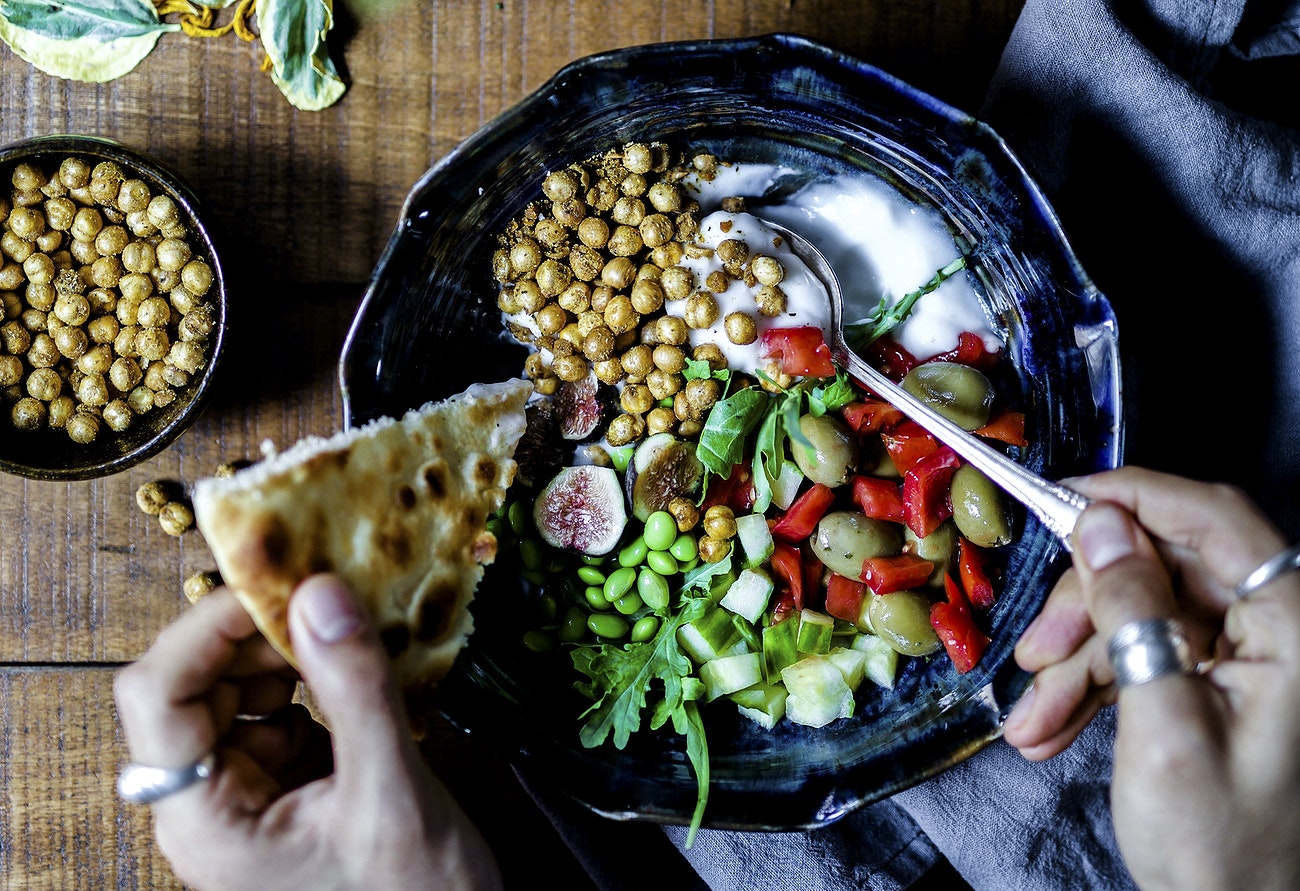
The Importance of Eating Right Vs Eating Healthy
In my previous post, “You are eating healthy, but are you eating what your body needs?”. I mentioned something called Basal Metabolic Rate (BMR) and how important it is in order to achieve the body that you desire. I know you went ahead and did the math, didn’t you? And I bet you were surprised by the number you found. You probably thought, “there is no way I burn this amount of calories by doing nothing.” Let me tell you something, yes you do. That is why it is so important for you to eat according to what your body needs.
Now, going to the million-dollar questions – and if you are reading this, it means that you are looking for answers to those burning questions. What do I do with that? How can I know the amount of food that I am supposed to eat? Is that all I have to calculate? No, there is more to it, but it’s very simple math, I promise.
After you have figured out your BMR you have to add the calories that you burn during your workout as well. That will give you a better idea of the total amount of calories you burn during the entire day and how many calories you have to eat depending on your goal. Again, if your goal is to lose fat, you have to eat less than what you burn and if you want to gain weight (muscle mass), you have to eat more than what you burn. This is why losing weight/fat and gaining muscle according to science is impossible, but that’s a topic for another day.
How do I know how much food I have to eat less in order to lose fat?
Hold your horses’ cowboy/girl I am getting to that point, don’t be impatient! It’s pretty simple. Below, you will find a brief explanation of the recommended caloric deficit that you need and why.
You want to be consuming 500 calories less than what you burn in order to have healthy weight loss, but what do I mean by healthy? You want to lose as much fat as possible while keeping as much muscle possible in order to look toned. And you will be losing about 1lb or 0.5kg a week (roughly 1% of body weight per week). Which, again it is the recommendation for healthy weight loss and what you should be aiming for. This may vary depending on your size. People who weigh more tend to lose weight faster in the beginning, but once again this is a topic for another day. Why 500? Because 500 x 7 (days of the week) is equal to 3500, which is the number of calories in 1lb of fat.
Now that you understand the reason behind your BMR and how many less calories you have to consume during the day according to what you burn, I am going to dive into the last part of this post, which tells you how to put everything together and how to calculate it. Keep in mind that this calculation is an estimation, but it is a good starting point to see how your body responds and adapt from here on.
In order for you to know the amount of calories you should eat to lose fat, you first have to calculate your BMR (see the formula in my previous article “You are eating healthy, but are you eating what your body needs?” and then add it to this simple formula:
BMR + (body weight in kilograms multiplied by the “active category” that you fit in) – 500 (Caloric deficit) = amount of calories you should eat per day.
Active Categories:
Sedentary: 15 minutes or less of daily exercise (anything goes) with a desk job | 12
Lightly Active: 1-2 hours of weights and/or cardio exercise per week | 13.5
Moderately Active: 3-5 hours of weights and/or cardio exercise per week | 15
Very Active: 6-7 hours of weights and/or cardio exercise per week | 16.5
Extremely Active: 7+ hours of weights and/or cardio exercise per week | 17+
Example:
Silvia is a 65kg female and her BMR is 1427Kcal. She goes to the gym for one hour, four times a week. She fits into the moderately active category: 65kg x 15 – 500kcal: 475 = This number is added to the 1427 calories from calories burned at rest and in Silvia’s case, it would give her a total of 1902 calories. 1902 calories a day will be her starting point.
Tracking calories is one of the best ways to achieve your physique goals, you cannot improve what you cannot measure. However, it could be misleading or destructive. How so? Just because you are tracking your calories does not mean that you can eat whatever you want “as long as it fits my calories.” You have to have a balanced diet and use as much nutritionally dense food as possible, combining a good amount of protein, carbs and fats (yes, they are extremely necessary especially for your brain).
Why could it be destructive? While tracking your calories is a great way to stay accountable, you need to be careful that it doesn’t become something you obsess over. When the numbers take over it can actually become destructive. If you are not a bikini figure, fitness model or a bodybuilder, where your job depends on how good you look, there is no need for that. Find your balance, have fun with your food, be creative, do some research and believe in what you do. Food is a wonderful form of art that can be enjoyed in so many different ways.



